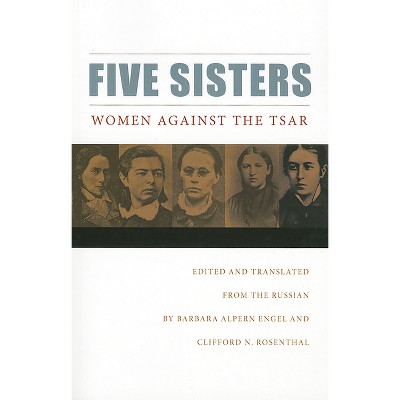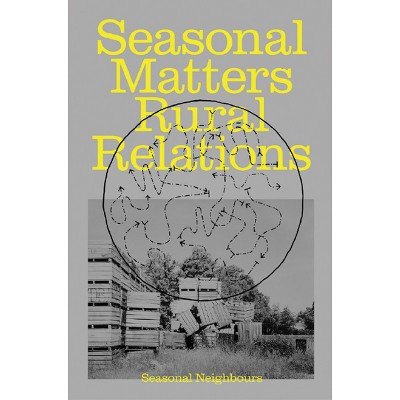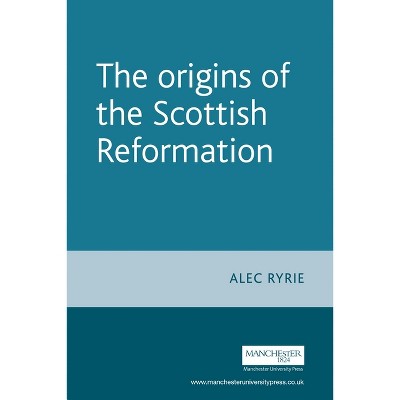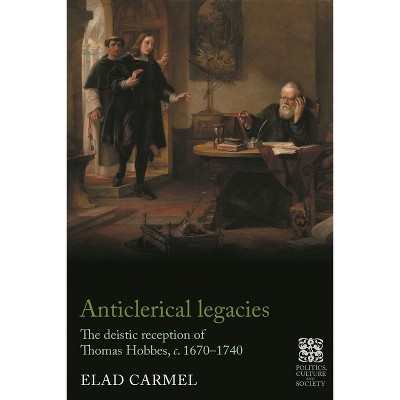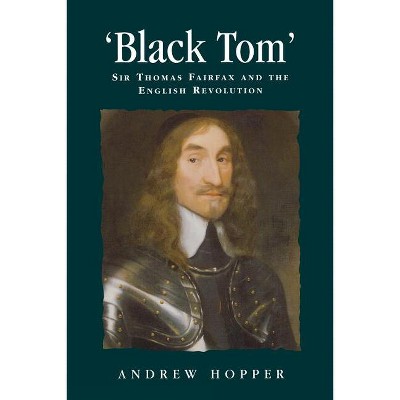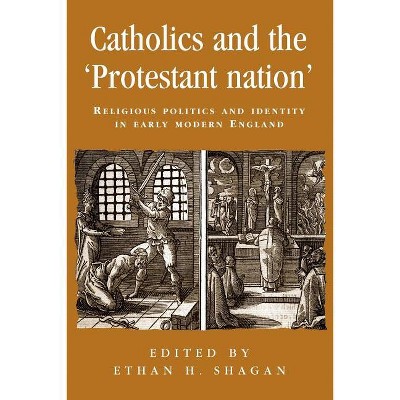Sponsored

The Politics of the Public Sphere in Early Modern England - (Politics, Culture and Society in Early Modern Britain) by Peter Lake & Steve Pincus
In Stock
Sponsored
About this item
Highlights
- This book uses the notion of the public sphere to produce a new view of the history of England in the post reformation period, tracing its themes from the 1530s to the early eighteenth century.
- About the Author: Peter Lake is University Distinguished Professor of History at Vanderbilt UniversitySteven Pincus is Bradford Durfee Professor of History at Yale University
- 288 Pages
- History, Europe
- Series Name: Politics, Culture and Society in Early Modern Britain
Description
About the Book
Including contributions from key early modern historians, this book uses and critiques the notion of the public sphere to produce a new account of England in the post-reformation period from the 1530s to the early eighteenth century. Makes a substantive contribution to the historiography of early modern England.Book Synopsis
This book uses the notion of the public sphere to produce a new view of the history of England in the post reformation period, tracing its themes from the 1530s to the early eighteenth century. The contributors, who are all leaders in their own fields, bring a diverse range of approaches to bear on the central theme. The book aims to put the results of some of the most innovative and exciting work in the field before the reader in accessible form. Each chapter stands alone in representing an important contribution to its own area of study and sub-period as well as to the overall argument of the book.
Politics, culture and religion all feature prominently in the resulting analysis, which should be of interest to students and academics of early modern English history and literature.From the Back Cover
This book uses the notion of the public sphere to produce a new view of the history of England in the post-reformation period, tracing its themes from the 1530s to the early eighteenth century. The contributors, who are all leaders in their own fields, bring a diverse range of approaches and types of material and analysis to bear on the central theme. The book aims to put the results of some of the most innovative and exciting work in the field before the reader in accessible form. Each chapter can stand on its own and represents a contribution to its own area of study and sub-period as well as to the overall argument of the book.
Approaching the central questions raised by the book in different ways, and reaching differing conclusions, the essays do not follow a single line of argument, but rather show how a series of questions and issues, organized around the topos of the public sphere, can make this period look different. Politics, culture and religion all feature prominently in the resulting analysis, which should be of interest both to advanced undergraduate students of early modern English history and literature as well as more advanced researchers in those and related fields.Review Quotes
"An important collection of a very high quality that brings together themes in recent political, religious and cultural history around a sustained and intelligent engagement with Habermas." - Professor Michael Braddick, University of Sheffield
About the Author
Peter Lake is University Distinguished Professor of History at Vanderbilt UniversitySteven Pincus is Bradford Durfee Professor of History at Yale UniversityShipping details
Return details
Frequently bought together
Trending Non-Fiction





